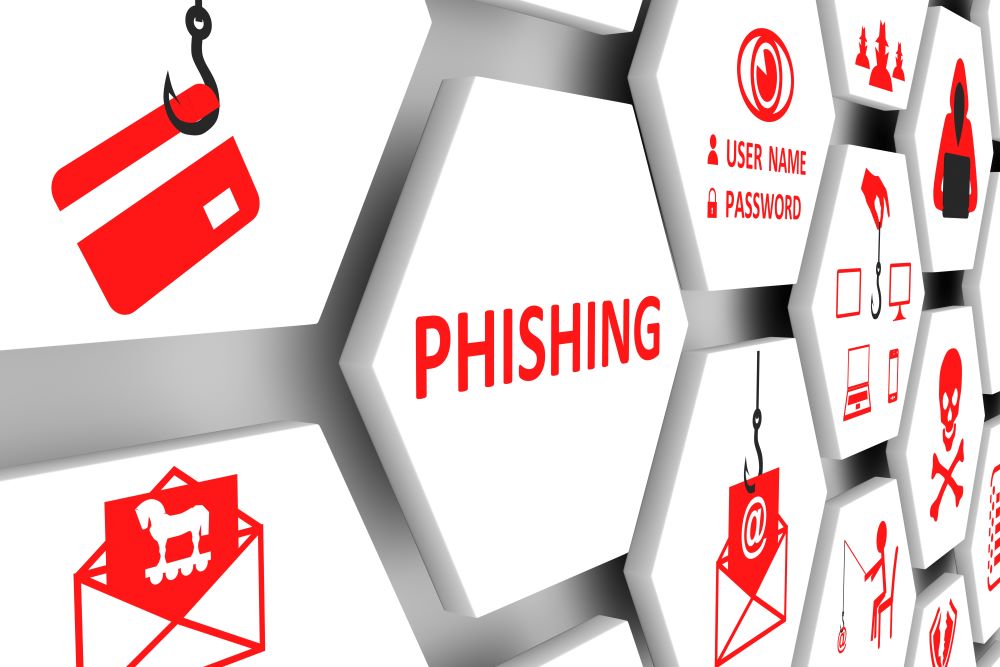
Phishing is still one of the most powerful and successful ways for cybercriminals to defraud and steal our personal information online. Our ever-growing internet usage creates the perfect place for phishing attacks.
Malicious emails mirroring legitimate companies are being sent to trick people into clicking on the links within them, they request personal information which can then be used to commit serious fraud. But phishing tactics are not just used within emails they can also be found on the worldwide web.
Despite increased awareness and investment in security software and employee education, cyber-attacks against notebooks and desktops have increased by 232% in the last six years.
Social media platforms are a prime place for cybercriminals to target. Platforms like Facebook and Twitter provide a plethora of opportunities for cybercriminals. They are not just built for interaction and connection, but are also simple to use and inexpensive to maintain. From links and data harvesting to landing sites with untrustworthy pop-ups, it is relatively simple to create fraudulent accounts and start distributing dangerous stuff.
A phishing website known as a “spoofed” site tries to steal your account password or other confidential information by tricking you into believing you are on a legitimate website.
Vevo was famously attacked, and data breached to the tune of 3.12TB of internal data. The breach occurred after an employee was compromised via a LinkedIn phishing campaign. This shows that social media is a large source of targeted attacks on companies. They also got into alarm code procedures used at their UK offices.
In 2021, fifteen Schools within Nottinghamshire were targeted by a cyber-attack. They had to shut down their IT network causing no access to emails or remote learning. The method of the attack and the culprits are still unknown.
There are data breaches happening every day and the importance of training people on what to recognise to stop this is an important factor.
To prevent cyber-attacks, it is always good to have security in place to protect your personal information and documents. There are many different security programs you can purchase for to keep you safe, such as:
To summarise, phishing does not just occur on emails it can be via websites and social media too!
Teach yourself and your staff the top tips on how to spot a phishing email or website. Be aware of fake emails and fake websites (see above on the tips how to prevent cyber-attacks and data breaches).
Last but not least, always have some type of security installed on your software which can notify you when something looks fraudulent. Cyber-crime is a fast-growing industry, so following our tips and learning about the different types of phishing will ensure your personal data is protected.
Date: July 12, 2021
Author: Magnetar IT